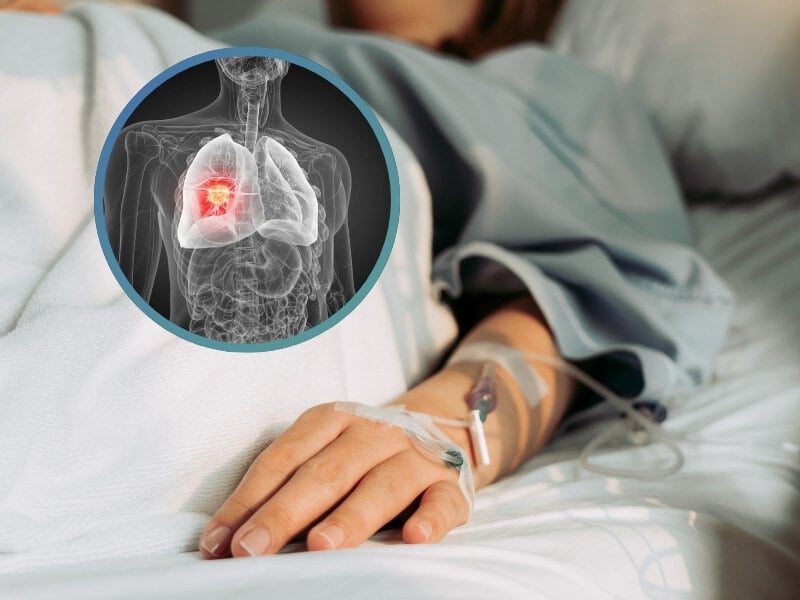ZERO Precision Medicine Programme Reports Outstanding Efficacy in High-Risk Paediatric Cancers

Researchers at Australia's Zero Childhood Cancer (ZERO) precision medicine programme have published findings from their study into the efficacy of precision medicine for high-risk childhood cancer.
The paper, published in Nature Medicine, outlined how the application of precision approaches significantly increased the effectiveness of therapeutic outcomes. The authors reported a remarkable 55% complete or partial remission rate for paediatric patients with high risk cancers after receiving a course of precision therapy.
RELATED:
- Hope for New Prognostic Biomarkers & Therapeutic Options From Tumour Metabolism-Targeting Breast Cancer Study
- Applications of Spatial Transcriptome Technologies for Monitoring the Molecular Mechanisms of Diseases
- Patient Stratification: Leveraging Biomarkers for Precision Medicine
The rate of response to the standard of care in these high risk cancers is generally extremely low. Furthermore, in many cases, patients within the study had already failed to respond to the standard of care treatment. Therefore, the rate of remission from this precision treatment is particularly inspiring.
“These are very exciting results which we believe have important implications for the treatment of children with cancer,” said David Ziegler, senior author on the paper and Chair of Clinical Trials for the Zero Childhood Cancer Program.
The Study
The programme, named PRecISion Medicine for Children with Cancer (PRISM), followed a cohort of 384 child patients for an average of 3 years and a minimum of 18 months after receiving a precision medicine treatment. Over one hundred scientists and clinicians from nine child cancer treatment centres across Australia were involved in the study.
Patients enrolled in the study were selected from those nine centres where they underwent genomic analysis of their tumour so that clinicians could recommend a treatment that would target their cancer specifically. These personalised approaches were successful in improving progression-free survival for those patients.
Ziegler said: “We’ve already shown that precision medicine can help identify new treatment options for many high-risk patients. Now we’ve shown that it not only can shrink their tumours, but also lead to a significant improvement in long term survival for those patients.”
Efficacy of precision therapy was measured by progression-free survival of these patients. Two-year progression-free survival of the patients that received a precision medicine was more than double that of standard of care patients, 26% vs 12%.
Co-authors of the paper Loretta Lau, paediatric molecular oncologist at Kids Cancer Centre, and Glenn Marshall, ZERO's clinical lead, commented: “Our study provides important new evidence that response to precision-guided therapy translates into improved survival. This work provides some hope to families where none previously existed in a new model of treatment for high-risk childhood cancer which is changing national and international clinical practice.”
Further information about the trial can be found at the clinical trial registration: NCT03336931.Related Resources
.png)






